Discernment
The God-given ability to understand why things happen
“But the Lord said unto Samuel, Look not on his countenance, or on the height of his stature; because I have refused him: for the Lord seeth not as man seeth; for man looketh on the outward appearance, but the Lord looketh on the heart.” I SAMUEL 16:7
THE JERUSALEM CHURCH CONSULTS THE SCRIPTURES
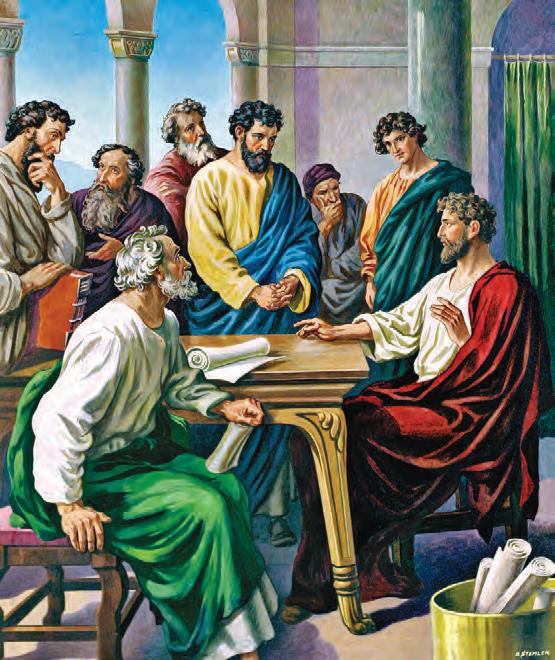

“But there rose up certain of the sect of the Pharisees which believed, saying, That it was needful to circumcise them, and to command them to keep the law of Moses. And the apostles and elders came together for to consider of this matter.”
ACTS 15:5–6

BIBLICAL CHARACTER ILLUSTRATED CURRICULUM Illustrated in Scripture, Illustrated in Life
GIFT: Exhorter
SPIRITUAL
CONTENTS
2 Introduction
2 How to Use This Curriculum
3 Goals and Objectives
4 Character Quality Overview
5 Discernment in Scripture
6 Lesson 1: Distinguish between Right and Wrong
7 Bible Story: The Jerusalem Church Consults the Scriptures
8 Memory Verse: Hebrews 5:14
9 Activity: Dividing Right from Wrong
10 Lesson 2: Look beneath the Surface
11 Bible Story: God’s Unexpected Choice for a King
12 Memory Verse: I Samuel 16:7
13 Activity: Cause and Effect Tree
14 Lesson 3: Keep from Judging Hastily
15 Bible Story: Solomon’s Wisdom Is Put to the Test
16 Memory Verse: Proverbs 18:13
17 Activity: Crossword Puzzle
18 Lesson 4: Not Repeat Mistakes
19 Bible Story: Samson Strays from God’s Call
20 Memory Verse: I Corinthians 10:1
21 Activity: The Story of Farmer Brown
22 Additional Resources
22 Discernment GEMs
23 Journal and GEM Mine
24 Hymn Sheet Music: “More About Jesus”
25 Hymn History: “More About Jesus”





 by Eliza E. Hewitt
by Eliza E. Hewitt
26 Explaining Salvation to a Child
27 Reproducible Coloring Pages
31 Recommended Resources


Biblical Character Illustrated Curriculum
Illustrated in Scripture
“The testimony of the Lord is sure, making wise the simple” (Psalm 19:7b). Biblical character is illustrated in this curriculum through both artwork and lessons from the lives of people in God’s Word. We most often benefit from the positive examples of faithful men and women. “For whatsoever things were written aforetime were written for our learning, that we through patience and comfort of the scriptures might have hope” (Romans 15:4). There were also people in the Bible who are representations of poor character, and we can learn from their lives as well. “Now these things were our examples, to the intent we should not lust after evil things, as they also lusted” (I Corinthians 10:6). We would be wise to learn from the testimonies God has given us in Scripture.
Illustrated in Life
“Faith cometh by hearing, and hearing by the word of God” (Romans 10:17). Hearing the Word of God causes us to grow in faith. This curriculum offers many practical applications of God’s Word to everyday life. “But be ye doers of the word, and not hearers only” (James 1:22). As God enables us to act in faith, our lives as believers will illustrate His character to others.
character of God
The
is illustrated in Scripture. May it also be illustrated in our lives.
Character Quality Overview


What Is Discernment?
Read aloud and discuss what discernment means and how it applies to life.
The operational definition of discernment is “the God-given ability to understand why things happen.” You may be dealing with circumstances in your life or in the world around you that you are trying to understand. What is the cause of such a devastating hurricane? Why would a loved one get cancer? Science may explain the happenings of the physical world based on universal laws of nature, but the purposes of God behind those events can only be understood, or discerned, by His Spirit. God, in His omniscience, has deeper reasons for each circumstance and is working to fulfill His plans. As the Holy Spirit guides you as you read and study His Word, you will begin to grasp the deeper things of God.
(See I Corinthians 2:10–16.) Having the mind of Christ (or thinking in accordance with Scripture) is the first necessary requirement for learning discernment. Lacking discernment leads to wrong judgments. Without knowing the facts, an undiscerning person often arrives at incorrect conclusions. Someone who makes rash judgments about others often forms opinions about them based only on what he sees on the surface. He is critical of others when he sees their faults, and he fails to realize that the failures he reacts to in
others are often identical to his own! Jesus alluded to this attitude when He spoke about being quick to see a speck in another’s eye while overlooking the plank that was in one’s own eye. (See Matthew 7:3–5.) A person who lacks discernment is focused more on faultfinding and finger-pointing. He fails to try to see “below the surface” to understand another’s situation or seek ways to help him. Instead of judging others, seek to understand them, pray for them, and help them as God leads and enables you.


You may think that you see a situation clearly, but only with discernment from the Lord will you be able to have the perspective necessary to draw accurate conclusions.
Not only can we misjudge people, but we can also judge situations wrongly. Jesus pointed out this problem to those who came to Him asking that He prove He was Who He claimed to be. (See Matthew 16:2–3.) While rightly discerning some factors, they failed to see the greater event. Similarly, when you are disciplined by your dad, do you accuse him of not loving you? Or do you discern the reasons why he is correcting you and the greater purpose for his discipline? When you have a conflict with your friend, do you blame her, or do you ask God to show you your fault in the dispute? When devastating tragedy occurs, people often ask, “Why did God let this happen?” As you allow God to teach you His perspective, you will begin to see His hand in the situations around you and develop discernment.
4
A judgmental person blames others without taking the time to discern what underlying factors should be considered.
Discernment in Scripture
DISCERNMENT KEY VERSE
As you read and study God’s Word, you will see Who He is! Be willing to be changed by Him so Christ can be seen through your life and others will glorify God.
The Character of God
“But the Lord said unto Samuel, Look not on his countenance, or on the height of his stature; because I have refused him: for the Lord seeth not as man seeth; for man looketh on the outward appearance, but the Lord looketh on the heart.” I SAMUEL 16:7
Discernment in My Life
We see examples of discernment in God’s character in the following ways:
• God is the source of all wisdom and knowledge needed for discernment.
(See Daniel 2:20–22.)
• God is able to see beyond man’s outward actions to the thoughts and intentions of his heart.
(See Genesis 6:5, Hebrews 4:12.)
• Before judgment, God establishes the facts about a person’s heart.
(See I Corinthians 4:4–5.)
• Jesus knew to reject evil and choose the good.
(See Isaiah 7:14–15.)
• Jesus could discern the true motivations behind the questions He was asked.
(See John 8:3–11, Matthew 22:17–22.)
• Jesus helped Peter identify the consequences of having violent and destructive reactions.
(See Matthew 26:52.)
• The Holy Spirit freely gives the believer understanding into the deeper things of God.
(See I Corinthians 2:10–12.)
Now let’s examine some ways God wants us to live out discernment daily.
• Before making a decision, do I thoroughly consider all the consequences that could result?
(See Proverbs 22:3, Colossians 3:25.)
• How has God enabled me to understand His ways?
(See I Corinthians 2:14–16.)
• How can I discern what is good?
(See I Thessalonians 5:21, I John 4:1.)
• Instead of me making superficial changes to my appearance, what inward changes does God want to make in my heart?
(See Matthew 23:25–26, Psalm 51:6.)


• How can I keep from rushing to judgment?
(See James 1:19–20.)
• Do I carefully examine what I am taught to be certain it agrees with the Word of God?
(See Acts 17:10–11.)
• How is my spiritual growth affected if I do not give heed to God’s Word and learn to use it skillfully?
(See Hebrews 5:11–14.)
5
Distinguish between Right and Wrong



Have you ever seen cashiers hold money up to the light? They are trained to examine the money and determine whether it is real or fake. In the light, the cashiers can see details on a genuine bill that could not be reproduced on a counterfeit. Did you know that God’s Word is a light, too? You can learn to distinguish right from wrong by using the light of God’s Word. Because God’s Word is truth, as you study your Bible, your spirit will begin to “spot” the counterfeits, or lies, that are around you daily. Be alert to subtle messages that come through music, entertainment, and conversations. Discuss them as a family. The surest way to grow in discernment is to depend on God’s Word. “The entrance of thy words giveth light; it giveth understanding unto the simple” (Psalm 119:130).
DISCERNMENT
The God-given ability to understand why things happen
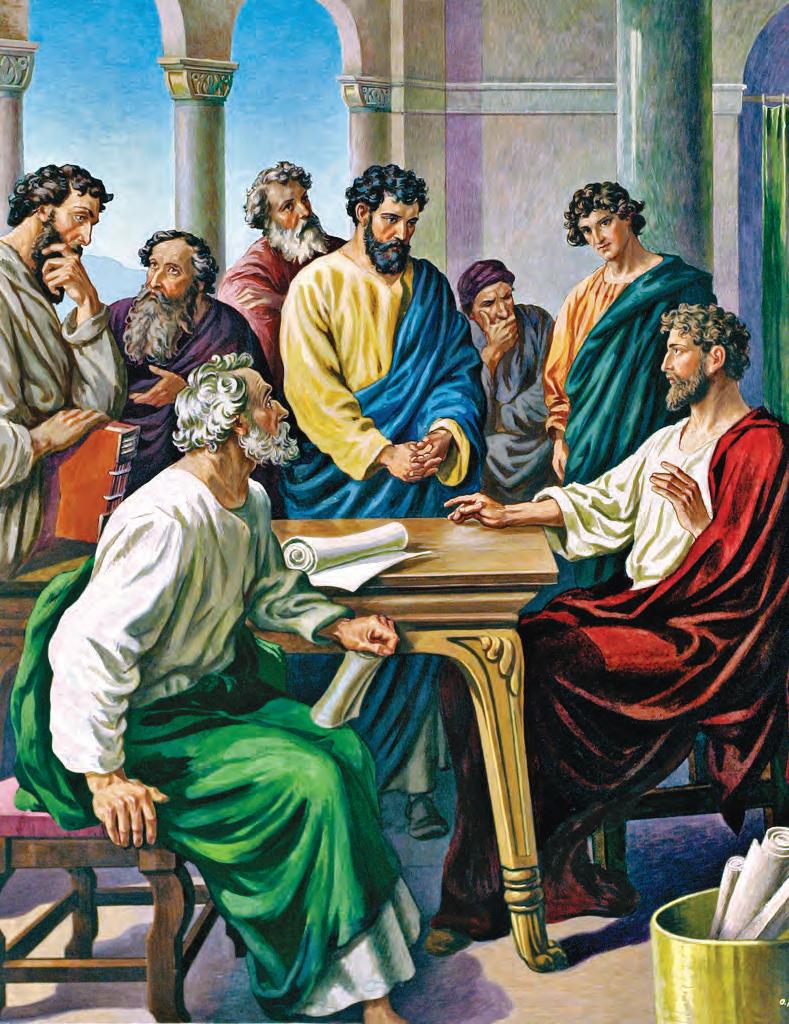
6
INTRODUCTION GOD ENABLES ME TO
The Jerusalem Church Consults the Scriptures
BIBLE STORY The Jerusalem Church Consults the Scriptures
The Apostle Peter would never have thought of preaching to Gentiles! However, God had other plans. God used a vision and a visit to a Roman centurion named Cornelius to show Peter that Jesus died for all people. Now Peter knew that anyone—even non-Jews—who believed on Christ could have forgiveness of sins. At first, the Jewish Christians in Jerusalem were wary of welcoming these “unclean” Gentiles into the Church. However, after hearing Peter’s testimony, the Jewish believers grasped God’s plan and praised Him for the new converts. In Antioch, about 300 miles from Jerusalem, a church was established. This specific church included both Jewish and Gentile believers. Paul and Barnabas were sent by this church on a missionary
journey. After many months and many miles, the two men returned to the church. They reported that numerous Gentile souls had been saved because God “had opened the door faith unto the Gentiles” (Acts 14:27). However, certain Pharisees who had also trusted in Christ were greatly concerned. They believed that in order to be saved, adherence to the Law of Moses was required. These Pharisees approached the church in Antioch with an ultimatum for the new Gentile believers. What were these Pharisees demanding the new believers to do? How would the church leadership discern if their demand was right or wrong?
Let’s read the Bible story in Acts 15:1–31 and then discuss the following questions.
1. What were certain men from Judaea teaching the new Gentile converts in Antioch? (See Acts 15:1.) What do some people today believe they must do to earn salvation? What does God’s Word say is needed? (See Ephesians 2:8–9.)
2. Did Paul and Barnabas agree with these Judaeans? To whom were they sent regarding the dispute? (See Acts 15:2.)
When you have difficulty distinguishing between right and wrong, to whom can you go for wise counsel? (See Proverbs 1:7–8.)
3. When this sect of Pharisees opposed Paul and Barnabas’s testimony, what did the apostles and elders do? (See Acts 15:4–6.)

Whenever someone has an opposing viewpoint, do you calmly take time to hear them before reaching a solution? (See Proverbs 17:14.)
4. How did Peter refute the Pharisees’ demands to keep the Law? (See Acts 15:9–10.) Did Paul and Barnabas confirm his testimony? (See Acts 15:12.)
When listening to differing perspectives, how do you discern which information is most valid?
(See Acts 17:11.)
5. What did James refer to when seeking God’s wisdom in discerning the truth? (See Acts 15:15–17.)

How does the Bible help you correctly understand and settle questions, doubts, and problems?
(See John 17:17, II Timothy 3:16–17.)
6. After hearing both sides of the matter, what did the leaders of the Jerusalem church decide was right? (See Acts 15:19–21.)
Why is considering the entire matter important before making a decision? (See James 1:19–20, Proverbs 15:22.)
7. In what ways did the Jerusalem leadership and brethren both confirm and communicate their conclusion? (See Acts 15:22–27.)
How do you respond when your parents make a decision that affects you? (See Hebrews 13:17.)
7
LESSON 1 Distinguish between Right and Wrong
Revealing the character of Christ through the stories in His Word.
SAVE 20% on any individual Biblical Character Illustrated booklets
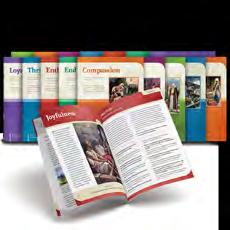
Use coupon: BCICBOOKLET


Biblical Character Illustrated Curriculum
Discover this unique tool that uses the stories in Scripture to illuminate character qualities God wants to develop in the lives of His people. This curriculum contains multiple ways to teach character to kids and give them a vision for building character through faith in Christ!

Single Booklets: $10 each
Complete Set: $379 (SAVE 23%)
OTHER BIBLICAL CHARACTER RESOURCES

Single PDF Download: $3 each
PDF Download Set: $109 (SAVE 25%)
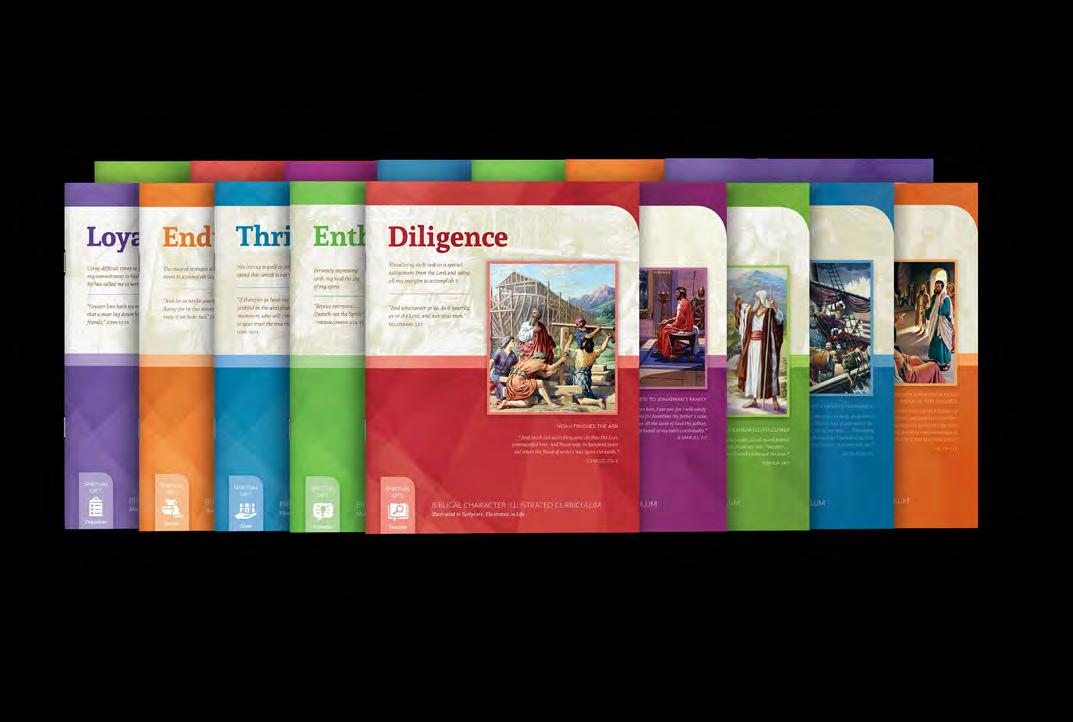
Biblical Character Illustrated 49-Booklet Set
Includes 2 bonus items: Calendar + Understanding Spiritual Gifts
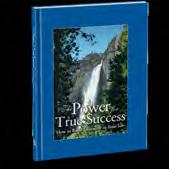
Power for True Success
Insightful, Biblical studies on all 49 character qualities
Hymns for the Family, Volumes 1–4
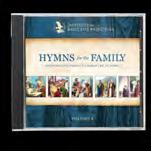
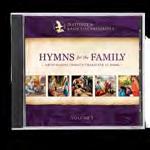
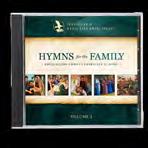

Companion hymns for each character quality
Character Sketches, 4-Volume Set
Timeless resources to show God’s character relfected in creation

Shop these resources at store.iblp.org. • Questions? Call 903-636-9600 or email biblicalcharacter@iblp.org.



























